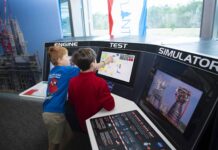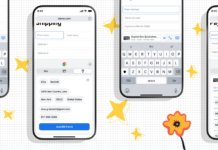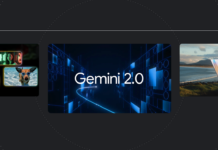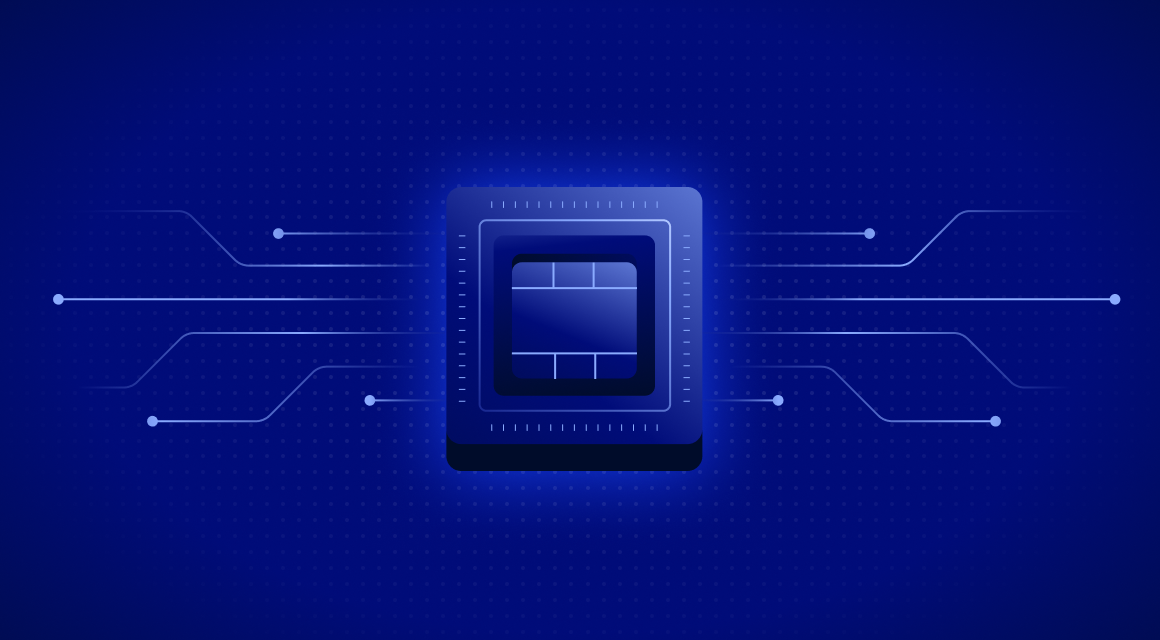DigitalOcean is not merely a spectator in the ongoing AI revolution; we are actively shaping its trajectory. Last year, we made a strategic acquisition to enhance our AI capabilities, bringing advanced AI and machine learning (AI/ML) development tools to a broader range of users beyond just large enterprises. In July 2024, at our Deploy event, we introduced key components of our new AI offerings: GPU Droplets and the GenAI platform, both of which are poised to revolutionize how businesses of all sizes interact with AI technologies.
Today, I am excited to share more about our future roadmap and DigitalOcean’s guiding principles for advancing AI capabilities for our users. However, it is crucial to understand that despite the rapid pace of AI development, we are still in the early stages of unlocking its full potential for our customers.
The history of technology reveals a consistent trend towards democratization—transforming from exclusive access to widespread availability. For example, the early 1990s saw the launch of Mosaic, the first widely-used web browser, which paved the way for online applications and made the digital world accessible to millions. Similarly, the introduction of the iPhone and other mobile technologies transformed smartphones from luxury items into essential, powerful devices. These platforms allowed developers to create a plethora of applications, from navigation tools to mobile payment systems, fundamentally changing how we interact with technology.
In both instances, the transition from infrastructure to platform to application layers made these technologies widely accessible. We anticipate a similar evolution with artificial intelligence. Foundational models from companies like Anthropic, Cohere, and OpenAI will lay the groundwork. Platforms will then enable a vast range of developers to create AI-powered applications, and ultimately, end-users will interact with these generative AI tools in their daily lives. Our goal at DigitalOcean is to accelerate this democratization of AI.
At DigitalOcean, we are moving beyond merely providing infrastructure. We are developing solutions covering the entire stack, enabling our customers to leverage GenAI without needing deep expertise or building AI capabilities from scratch. This approach aligns with our mission to serve a broad audience of developers, startups, and rapidly growing businesses. By focusing on these layers, we aim to make AI more accessible and useful for those traditionally underserved by enterprise-focused solutions from larger cloud providers.
One of our core values is "DO Simple." We prioritize simplicity and ease of use, ensuring that our tools facilitate rather than hinder innovation. Our Droplets service allows users to deploy and scale virtual machines effortlessly. Spaces provide seamless object storage for vast amounts of data, and our App Platform enables easy application building and management without the complexity of handling infrastructure. These innovations have empowered countless developers and businesses to build, run, and scale applications in the cloud.
We are now applying the same philosophy of simplicity to AI, focusing on key areas such as GPUs for enhancing AI/ML workloads and a GenAI platform to accelerate app development.
Available Now: GPUs to Supercharge AI/ML Workloads
Our primary focus is on making AI accessible to a wide range of users, starting with infrastructure. NVIDIA H100 GPUs are now available for use, with customers like Lepton AI and Supermaven utilizing these powerful GPUs to train their models and scale their businesses.
Additionally, our GPU Droplets, launching in October, will enable anyone to access on-demand GPU servers for AI and machine learning tasks. These Droplets offer NVIDIA H100 GPUs, providing exceptional performance for training and inference on AI/ML models, processing large datasets, and handling complex neural networks for deep learning use cases. With configurations ranging from single GPU setups to high-capacity 8-GPU systems, users can scale their AI projects as needed.
If you are a startup developing GenAI-powered applications, training ML models, or engaging in other compute-intensive tasks, our GPU Droplets offer the computational power you need. These resources allow you to train large language models on extensive text data, significantly reducing the time required to develop and refine your AI solution. Instead of investing in expensive on-premises hardware, our cost-effective, on-demand GPU resources enable you to iterate quickly and deploy your AI solution faster.
DigitalOcean Kubernetes is also introducing support for H100 GPUs, enabling customers to deploy AI/ML workloads and other resource-intensive tasks on Kubernetes in both single-node and multi-node configurations.
Sign up for early access to GPU Droplets to supercharge your AI/ML workloads. DigitalOcean GPU Droplets provide a simple, flexible, and affordable solution for your cutting-edge projects.
With GPU Droplets, you can:
- Reliably run training and inference on AI/ML models
- Process large data sets and complex neural networks for deep learning use cases
- Tackle high-performance computing (HPC) tasks with ease
Do not miss this opportunity to scale your AI capabilities. Sign up now for early access and be among the first to experience the power of DigitalOcean GPU Droplets.
Coming Soon: GenAI Platform to Accelerate App Building
Our GenAI platform aims to democratize AI application development, making it accessible to developers and startups without requiring deep AI expertise. It will provide pre-built components like hosted large language models (LLMs), data ingestion pipelines, and knowledge bases, allowing our customers to easily create AI-powered applications. This platform is designed to bridge the gap between GenAI’s promise and deployed GenAI applications, focusing on simplicity and ease of use.
For instance, imagine you are running a ticketing platform for live entertainment venues and want to enhance your client services with AI. With our GenAI platform, you could easily create a chatbot by simply uploading your in-house documentation and pointing the GenAI pipeline to it. Instead of dealing with complex AI infrastructure, you can focus on customizing the chatbot to your specific needs.
As we launch our new AI products, we also want to update you on the future of the Paperspace brand and its existing products. In the coming weeks, we will integrate the Paperspace brand and public-facing website into DigitalOcean, working towards a unified AI/ML product suite. Our teams are already operating as one, and this is the first step towards providing a simpler experience for those looking to leverage our AI/ML products. Existing Paperspace customers can continue to access their products through the same console they currently use.
I joined DigitalOcean with the mission of leading our teams into a new era, focusing on simplifying cloud computing and harnessing the power of AI for developers and growing technology businesses. While we have unveiled part of our AI vision, the full picture is still forming. Behind the scenes, we are developing additional platforms and applications that will make AI more accessible and empower the next generation of builders to realize their boldest ideas. We are building this AI roadmap with our customers in mind.
In formulating our AI strategy, we reached out to hundreds of DigitalOcean customers to understand their needs and aspirations. We heard from startups excited about lowering the barrier to entry for AI, from businesses looking to create chatbots to improve productivity, and from developers seeking AI-assisted cloud management tools. Our approach is grounded in these real-world insights.
We are committed to developing AI-powered tools that will fundamentally change how our users interact with and leverage cloud technologies and AI. From Supermaven to Nomic AI to Lepton AI, we already have the next generation of AI innovators building on DigitalOcean. We look forward to welcoming more of you.
For more information, you can visit DigitalOcean and stay updated on our latest developments.
For more Information, Refer to this article.


































